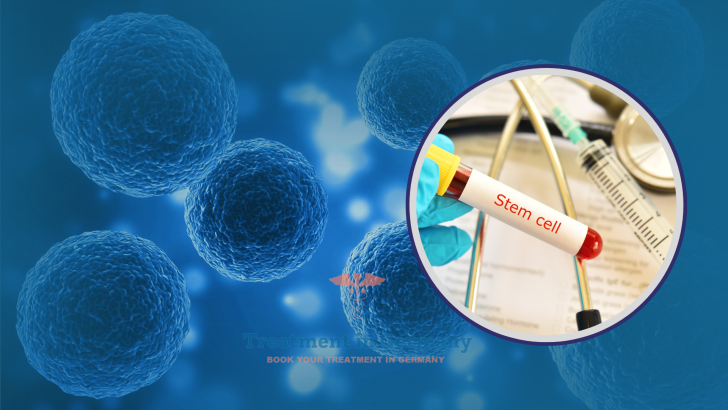
Germany primarily utilizes adult stem cells offering therapies for conditions ranging from neurological and orthopedic disorders to autoimmune diseases and chronic wounds.
Stem cell therapy, a cornerstone of regenerative medicine, leverages the unique ability of stem cells to repair, regenerate, or replace damaged tissues, offering transformative potential for a wide range of medical conditions. In 2025, Germany stands as a global leader in stem cell treatments, combining cutting-edge research, stringent regulatory oversight, and world-class clinics.
Germany primarily utilizes adult stem cells offering therapies for conditions ranging from neurological and orthopedic disorders to autoimmune diseases and chronic wounds. Below are the main stem cell therapies available in 2025:
Bone Marrow Concentrate (BMC) Therapy
Stem Cell Secretome Therapy
Allogeneic Targeted Activated Cancer Killer (ATACK) Cells
Hematopoietic Stem Cell Transplantation (HSCT)
Treatment Options Table
|
Therapy |
Source |
Effectiveness |
Side Effects |
|
MSC Therapy |
Bone marrow, adipose, umbilical cord |
20–40% improvement (orthopedic); 15–30% (autoimmune) |
Fever, injection site pain |
|
BMC Therapy |
Bone marrow |
30–50% pain/mobility improvement |
Aspiration pain, fatigue |
|
Secretome Therapy |
MSC exosomes |
15–25% neurological improvement |
Flu-like symptoms |
|
ATACK Cells |
Allogeneic stem cells |
10–20% response in resistant conditions |
Cytokine release syndrome |
|
HSCT |
Bone marrow, peripheral blood |
50–70% remission (hematological) |
GVHD, infection |
Eligibility
🌍Why Patients Worldwide Prefer Our Medical Services in Germany – Key Benefits Explained:
Frequently Asked Questions (FAQs)
What types of stem cell therapies are available in Germany?
MSC therapy, BMC therapy, secretome therapy, ATACK cells, and HSCT.
How effective are stem cell therapies in Germany?
15–70% improvement or remission, depending on condition and therapy type.
What are the side effects of stem cell therapy?
Fever, fatigue, injection site pain; rare GVHD or cytokine release syndrome.
Who is eligible for stem cell therapy?
Patients with chronic conditions unresponsive to standard therapies; exclusions include severe infections.
What are nutrition tips for patients undergoing stem cell therapy?
High-protein, antioxidant-rich, low-sodium diet; avoid alcohol; stay hydrated.
How can patients access cancer treatment in Germany?
Contact us today for a free consultation with our specialist medical advisor and receive direct guidance from the treating professor on the most suitable treatment options available in Germany.
Kindly complete the form below, and our dedicated team will reach out to you promptly. We look forward to connecting with you soon!
Trierer Straße, 56072 Koblenz, Germany

.webp)
 (1).webp)

.webp)
 (1).webp)


.webp)
 (1).webp)

.webp)
 (1).webp)
